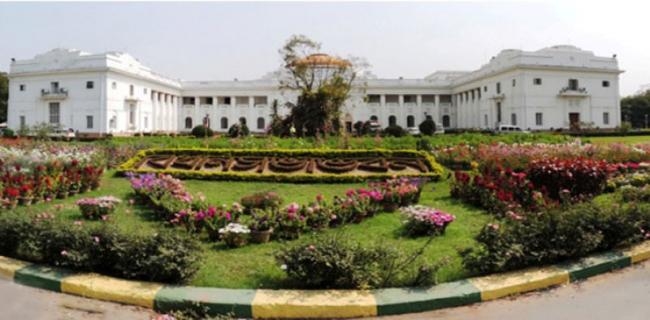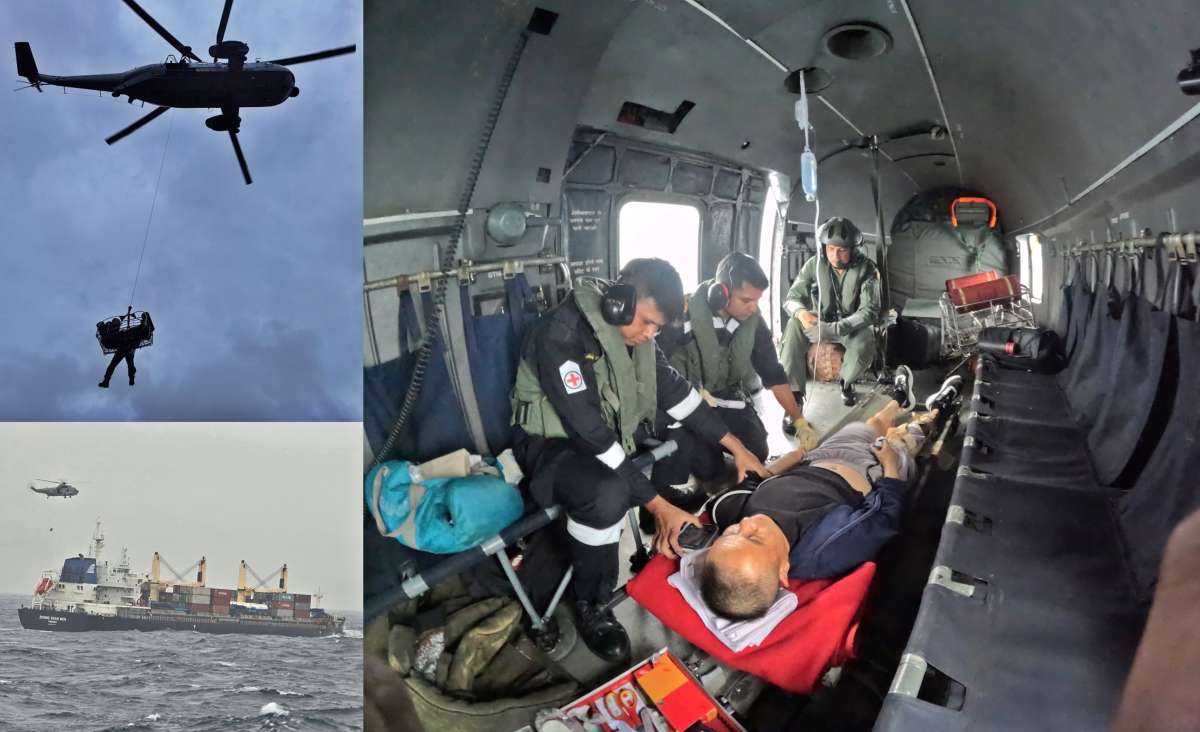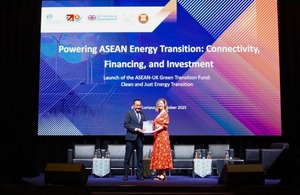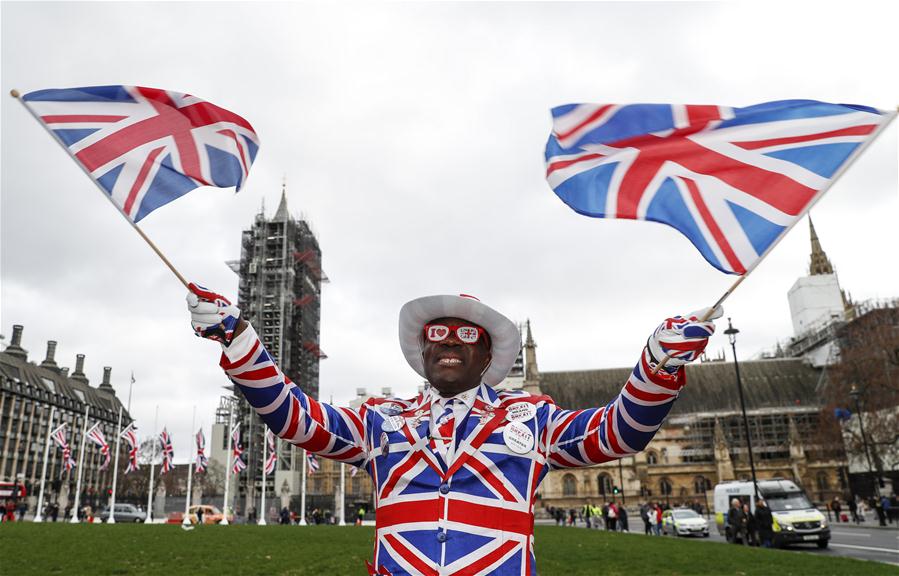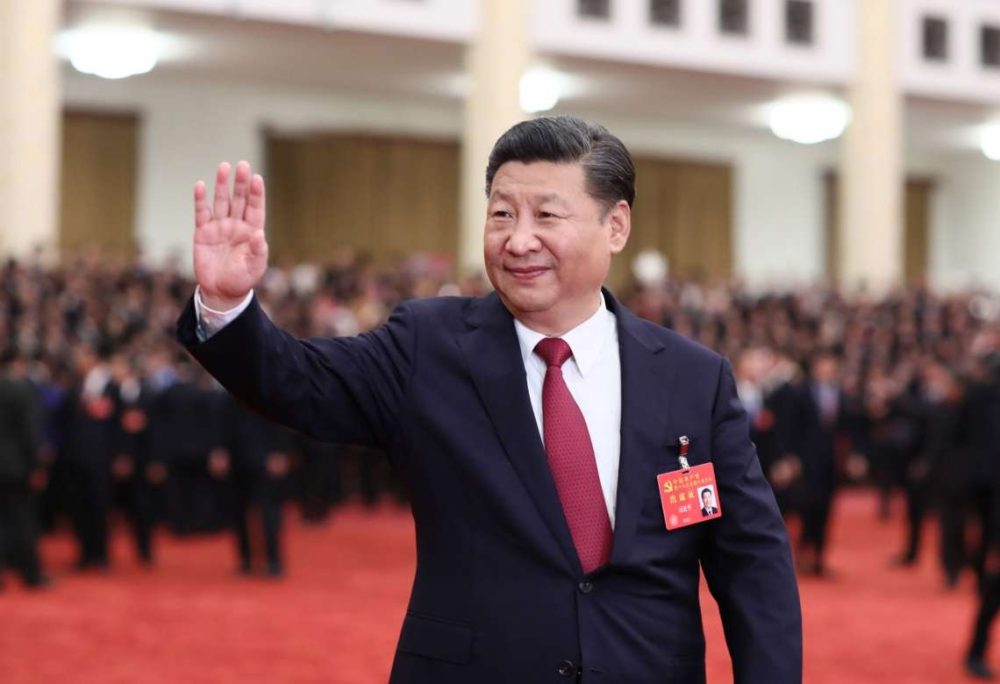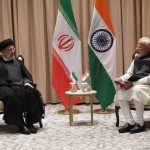An ISRO official mentioned that while the astronauts have received general spacefaring training in India, much of their focus has been on Gaganyaan-specific modules…reports Asian Lite News
Two Indian Space Research Organisation (ISRO) astronauts are set to begin their training for the Gaganyaan mission with the National Aeronautics and Space Administration (NASA) in August this year. The training will take place at NASA’s Johnson Space Center in Texas and is a significant milestone in the collaboration between the two space agencies. These astronauts are part of a group of four designated test pilots from the Indian Air Force, selected for this mission.
An ISRO official mentioned that while the astronauts have received general spacefaring training in India, much of their focus has been on Gaganyaan-specific modules. To prepare for the upcoming mission, they will need to become familiar with the International Space Station (ISS) modules and protocols during their time at NASA.
After completing their training in Texas, one of these astronauts will join the upcoming Indo-US space mission to the ISS. This collaboration was highlighted during Prime Minister Narendra Modi’s state visit to the US in June 2023, where President Joe Biden announced that NASA would train Indian astronauts for this mission.
The crewed Indo-US space mission is scheduled for launch by the end of 2024. Despite some reports suggesting potential delays, US Ambassador to India Eric Garcetti confirmed that the mission is set to proceed by the end of this year. The mission will utilize SpaceX’s Falcon 9 rocket and Crew Dragon capsule, with operations managed by Axiom Space. This mission, known as Axiom-4, is designed to transport Indian astronauts to the ISS for a 14-day stay and marks the fourth private astronaut mission conducted by NASA in collaboration with Axiom Space.
This mission is particularly significant for India as it marks the country’s return to crewed spaceflight since Rakesh Sharma’s historic journey aboard Soyuz T-11 to the Soviet Salyut-7 Space Station in April 1984. The training and the Indo-US mission are preparatory steps for India’s Gaganyaan space programme, which aims to launch a human-carrying spacecraft to Earth orbit and ensure its safe return. This mission will be India’s first indigenous crewed spaceflight.
However, India’s human spaceflight is expected to be delayed until at least 2025, as the initial unmanned mission is yet to commence. The manned mission will only proceed after the successful completion of two unmanned flights. Additionally, India’s GSLV Mk2 rocket is set to launch the Indo-US satellite NISAR (NASA-ISRO Synthetic Aperture Radar) by late 2024 or early 2025. NISAR will play a crucial role in monitoring Earth’s vital signs, contributing to climate change research and natural disaster evaluations.
ALSO READ: Bengal Assembly passes resolution on scrapping of NEET






